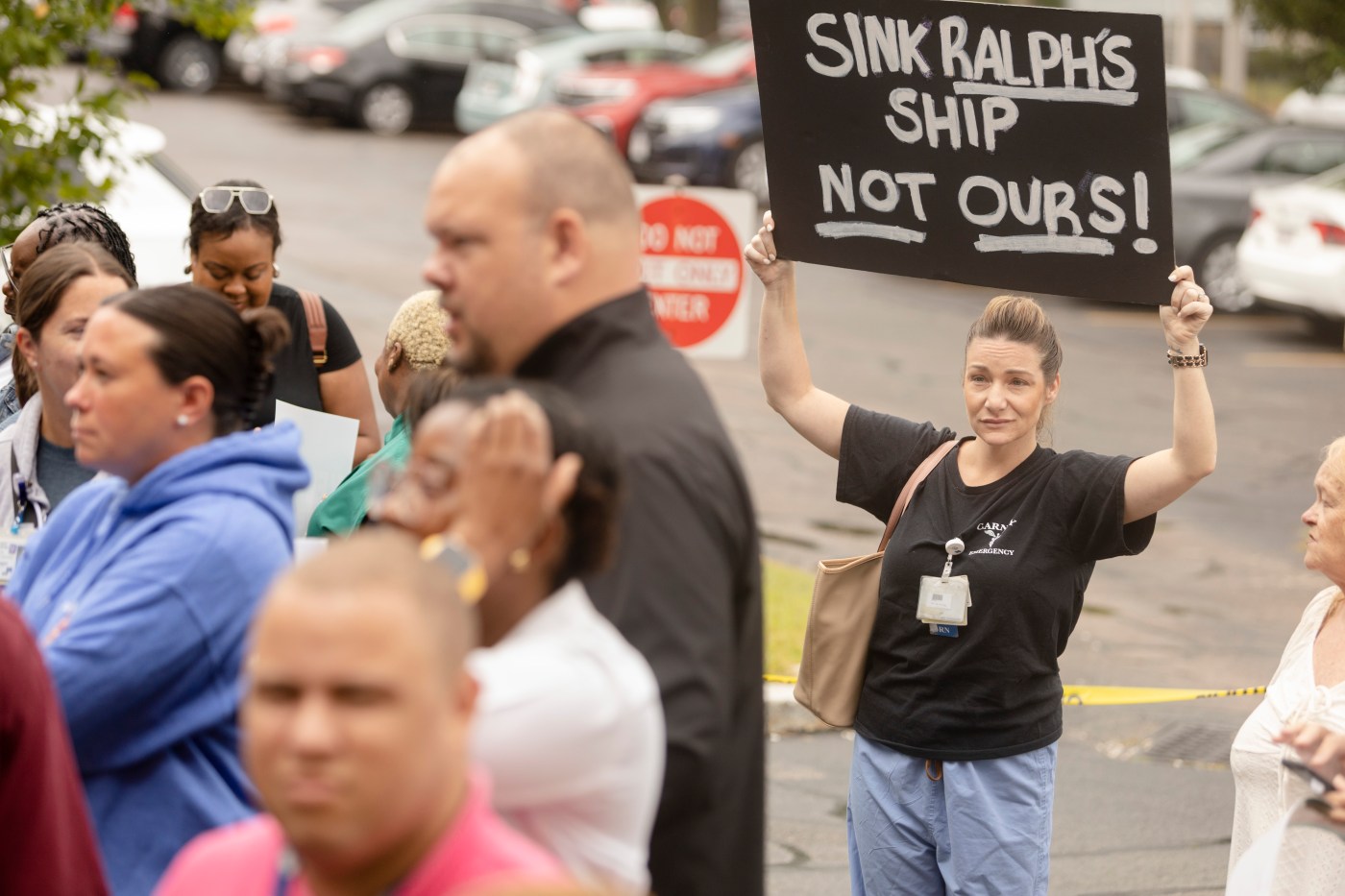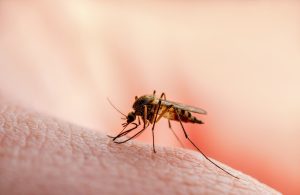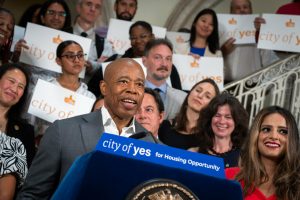
Steward will get its $30 million from Mass., even as sale parties continue negotiations
The Commonwealth’s plan to float now-bankrupt Steward Health Care $30 million to shore up the accounts of the six Massachusetts hospitals it’s attempting to sell will go forward with the approval of a federal judge, even without completed purchase agreements in hand.
According to Hugh McDonald, the Pillsbury, Winthrop, Shaw, and Pittman attorney hired by the Massachusetts to represent its interests as Steward navigates bankruptcy proceedings, the healthcare company and the unnamed bidder or bidders attempting to buy its Massachusetts hospitals are close enough to reaching consensus on the terms of an asset purchase agreement (APA) that the state is comfortable allowing a first round of payments to go out.
The money could have been approved last week, but the state had not come to an agreement with Steward on how the funds would be repaid if the six facilities were to close or the deal collapse. That’s been seen to, according to McDonald.
“The payment agreement represents the Commonwealth’s continued commitment to achieving the transition of the six remaining facilities to new operators,” McDonald told Judge Christopher Lopez. “The parties have been working very hard over the last week.”
The “milestone” for the APAs was Tuesday, McDonald said, but that deadline has been extended to Friday because of how much work is going on outside of the courtroom. The second round of funding won’t go out until the sale is done, McDonald told the judge.
“To be clear, we still expect to see significant progress between now until Friday and those APAs actually executed. The following week, if that occurs, and we get the sale order entered — hopefully next week for each of those sale orders — we’ll be in a position to release the remaining funding to sustain the operations of the hospitals through a transition period,” he said.
Steward filed for bankruptcy protections in May, after it became clear it would not be able to meet $9 billion in debt obligations. The company announced soon after they would sell their 31 hospital properties, including eight in Massachusetts
Six of the hospitals received “qualified bids” last month. The remaining two, Carney Hospital in Dorchester and Nashoba Valley Medical Center in Ayer, did not and Steward said it would close the facilities.
To prevent the hospitals from going under while negotiations continue, Gov. Maura Healey’s administration came up with a plan to send $30 million in payments the state would have eventually spent in reimbursements to the facilities. The money is being paid out of accounts including “Clinical Quality Incentive Program payments; Acute Hospital Rate Add-On payments; Hospital Quality and Equity Initiative payments; and Safety Net Provider Payments,” which the state would have paid to “some or all” of the facilities due to their participation in the MassHealth program.
According to court documents, the first round of “interim” payments will go out on Aug. 9 to Morton Hospital, Carney Hospital, Good Samaritan Medical Center, and Holy Family Hospital. Those five facilities will receive over $11.3 million.
Those hospitals are also included in round two, along with Nashoba Valley Medical Center, Norwood Hospital, Saint Anne’s Hospital, and St. Elizabeth’s Medical Center. The second payment will total about $18.7 million and can be paid out “on or about” Aug. 16, according to the revised agreement.
According to the agreement, in the event the state’s terms are not met, the company will be responsible for “repayment, in full.”
Steward also cannot spend the money on executive pay, but instead must use it “solely for the purposes of the Hospitals’ working capital, patient care and employee salaries in the Commonwealth,” according to the documents.
The money also cannot be used to pay down Steward’s debts, or to “pay any amounts due to any lenders, agents, or attorneys or their professional fees” and can’t be used to pay for any hospitals’ rent payments.


